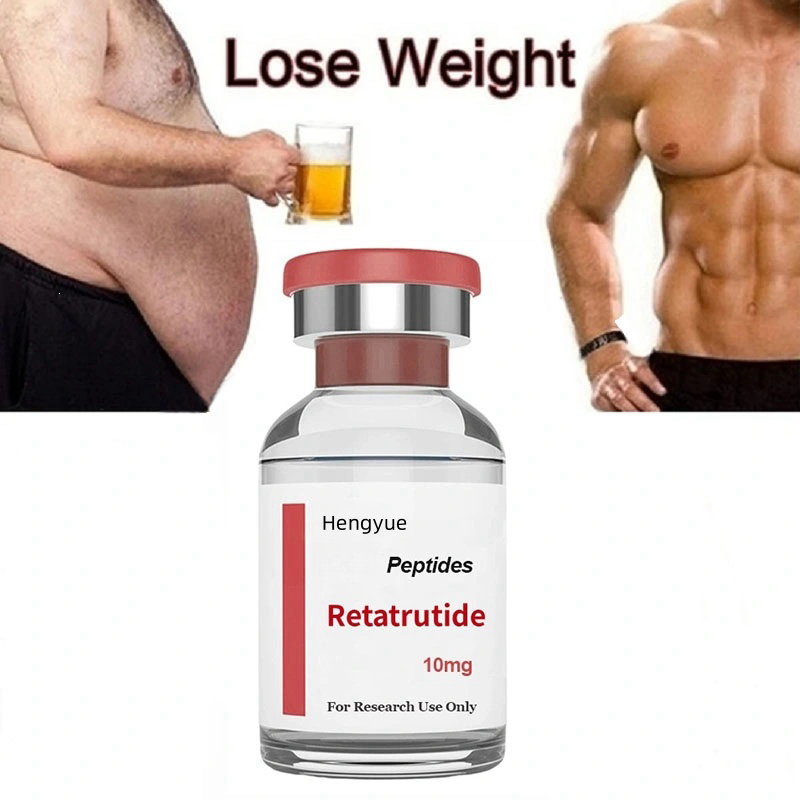-
Categories
-
Pharmaceutical Intermediates
-
Active Pharmaceutical Ingredients
-
Food Additives
- Industrial Coatings
- Agrochemicals
- Dyes and Pigments
- Surfactant
- Flavors and Fragrances
- Chemical Reagents
- Catalyst and Auxiliary
- Natural Products
- Inorganic Chemistry
-
Organic Chemistry
-
Biochemical Engineering
- Analytical Chemistry
-
Cosmetic Ingredient
- Water Treatment Chemical
-
Pharmaceutical Intermediates
Promotion
ECHEMI Mall
Wholesale
Weekly Price
Exhibition
News
-
Trade Service
Using a stainless steel crusher to crush waste refrigerator insulation materials can reduce pollution.
Rigid polyurethane foam is widely used as a refrigerator insulation layer material due to its easy availability, ease of use and good thermal insulation.
10 percent by weight
.
At present, the amount of scrapped refrigerators is increasing at an alarming rate, but the disposal methods of rigid polyurethane foam are mainly stacking, landfill and incineration, resulting in land waste and air pollution, so the need for its resource reuse is particularly urgent.
.
Generally speaking, there are three main methods for recycling waste rigid polyurethane foam: combustion recovery method, physical recovery method and chemical recovery method
.
Combustion recovery method Polyurethane can generate a lot of heat when burned, so it is often used as fuel for incineration with municipal solid waste
.
However, if the polyurethane is not completely burned during the incineration process, it will produce toxic gas
.
pollute the air
.
However, if the polyurethane obtained from the dismantling of the refrigerator is crushed into RDF particles that meet the environmental protection requirements with a stainless steel crusher, and then incinerated, the pollution can be reduced
.
Physical recycling method Polyurethane physical recycling method refers to the method of directly utilizing the waste material without destroying the chemical structure of the polymer itself and without changing its basic composition
.
There are pulverized addition method, bonding processing method, extrusion molding and other methods
.
Pulverized addition method Polyurethane scraps and old waste are preferentially cut or pulverized and screened to obtain fine powder with the required particle size before application
.
Generally speaking, it is easier to crush rigid polyurethane foam, and its crushing technology is also relatively mature, such as: stainless steel crusher for crushing, cutting machine for cutting,
etc.
The pulverized fine flakes or powders of this waste polyurethane are mostly mixed into raw materials or other materials as fillers for recycling
.
It is reported in the literature that if the obtained waste polyurethane powder is added to the raw material for the production of the original part, and the same part is produced again, since the powder has the same structure as the raw material, the dosage can reach 20%
.
The mechanical properties of the product are not significantly weakened
.
This is also the less polluting treatment method at present
.
Rigid polyurethane foam is widely used as a refrigerator insulation layer material due to its easy availability, ease of use and good thermal insulation.
10 percent by weight
.
At present, the amount of scrapped refrigerators is increasing at an alarming rate, but the disposal methods of rigid polyurethane foam are mainly stacking, landfill and incineration, resulting in land waste and air pollution, so the need for its resource reuse is particularly urgent.
.
Generally speaking, there are three main methods for recycling waste rigid polyurethane foam: combustion recovery method, physical recovery method and chemical recovery method
.
Combustion recovery method Polyurethane can generate a lot of heat when burned, so it is often used as fuel for incineration with municipal solid waste
.
However, if the polyurethane is not completely burned during the incineration process, it will produce toxic gas
.
pollute the air
.
However, if the polyurethane obtained from the dismantling of the refrigerator is crushed into RDF particles that meet the environmental protection requirements with a stainless steel crusher, and then incinerated, the pollution can be reduced
.
Physical recycling method Polyurethane physical recycling method refers to the method of directly utilizing the waste material without destroying the chemical structure of the polymer itself and without changing its basic composition
.
There are pulverized addition method, bonding processing method, extrusion molding and other methods
.
Pulverized addition method Polyurethane scraps and old waste are preferentially cut or pulverized and screened to obtain fine powder with the required particle size before application
.
Generally speaking, it is easier to crush rigid polyurethane foam, and its crushing technology is also relatively mature, such as: stainless steel crusher for crushing, cutting machine for cutting,
etc.
The pulverized fine flakes or powders of this waste polyurethane are mostly mixed into raw materials or other materials as fillers for recycling
.
It is reported in the literature that if the obtained waste polyurethane powder is added to the raw material for the production of the original part, and the same part is produced again, since the powder has the same structure as the raw material, the dosage can reach 20%
.
The mechanical properties of the product are not significantly weakened
.
This is also the less polluting treatment method at present
.







